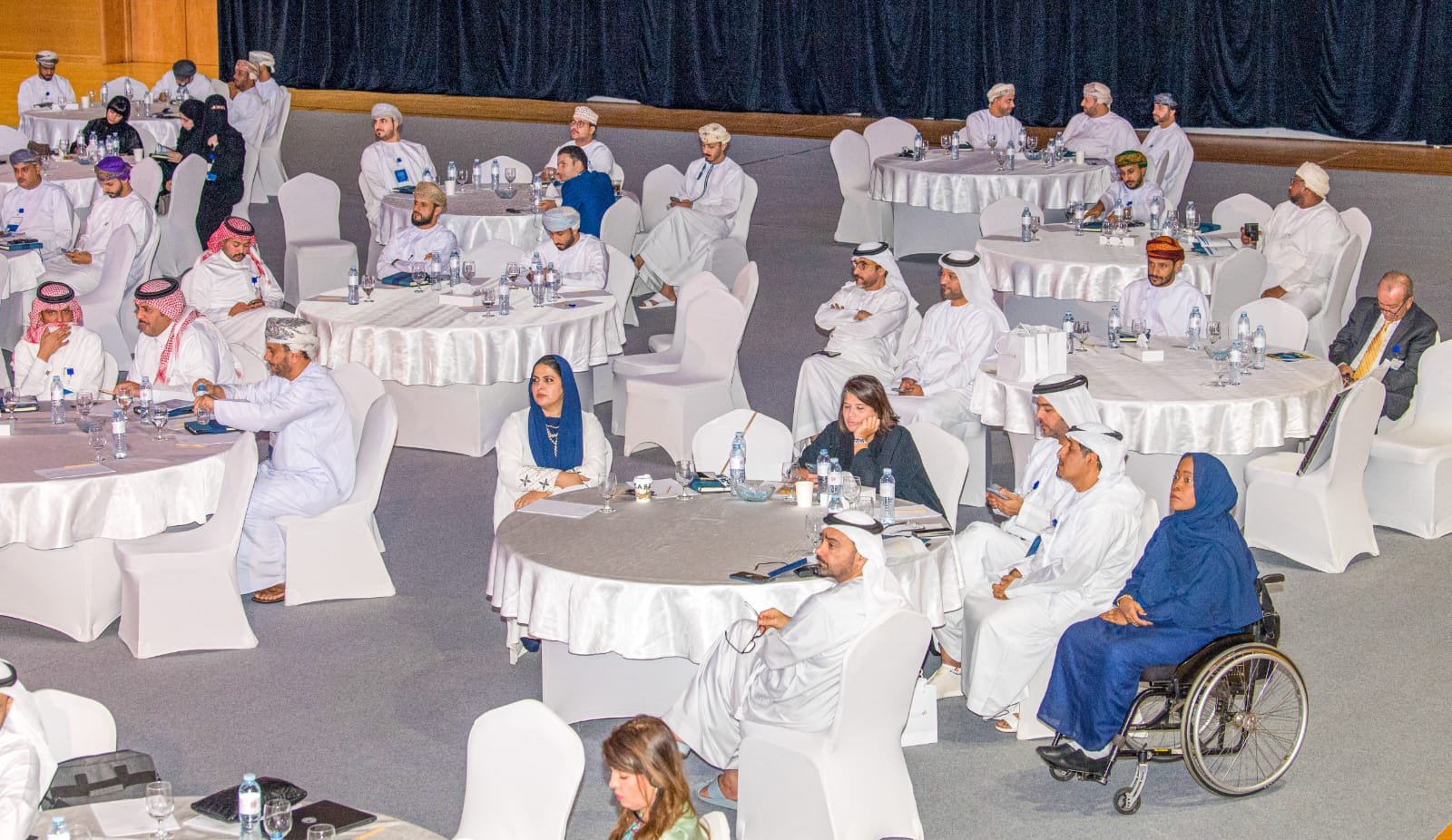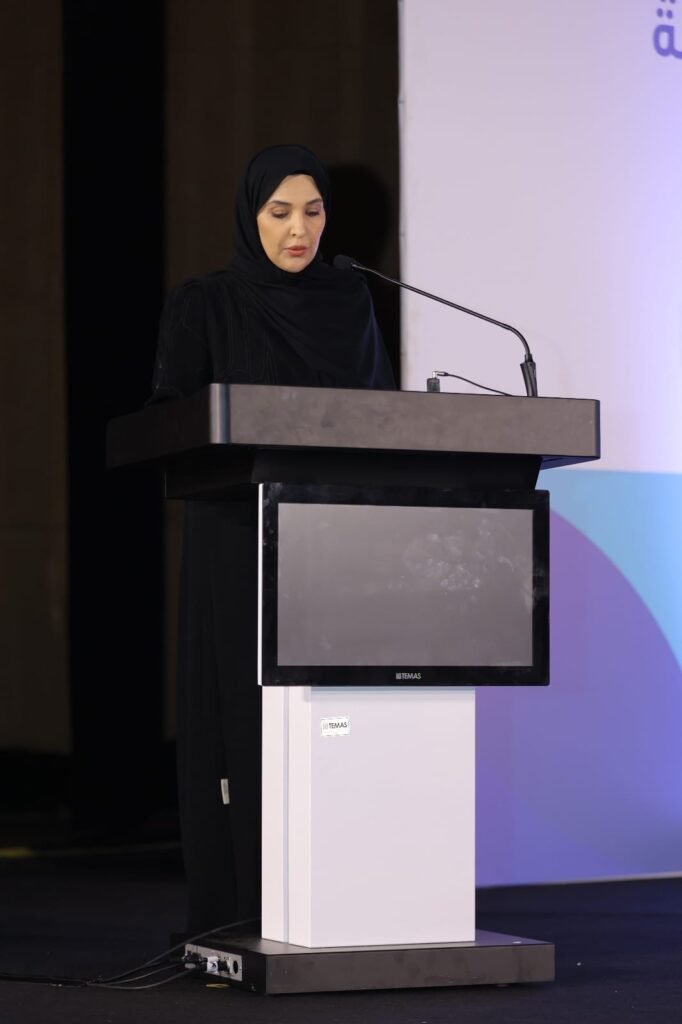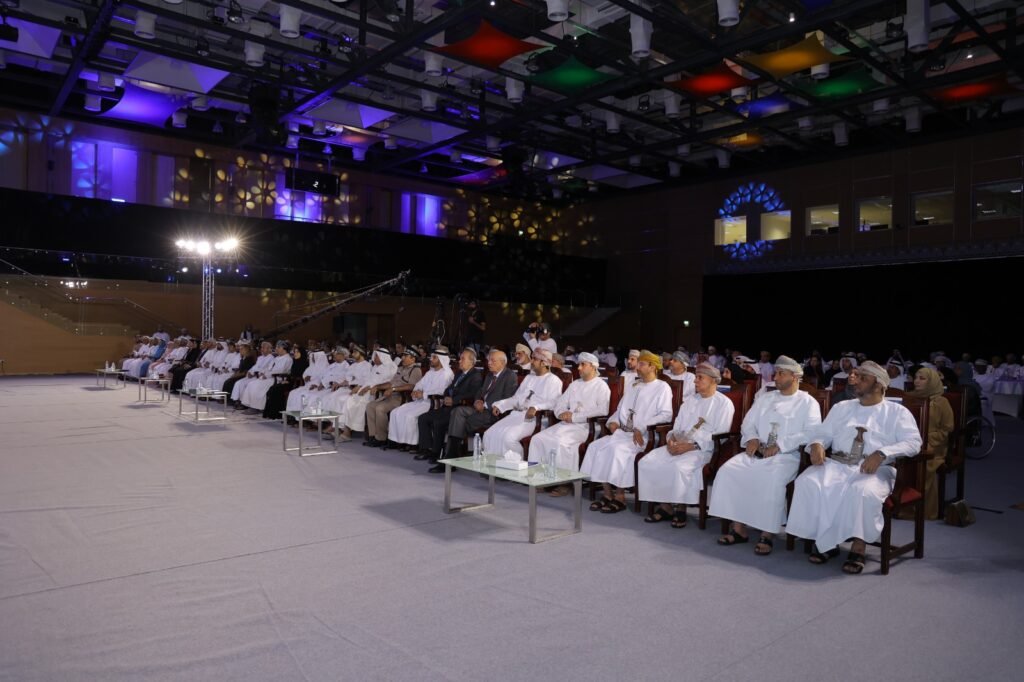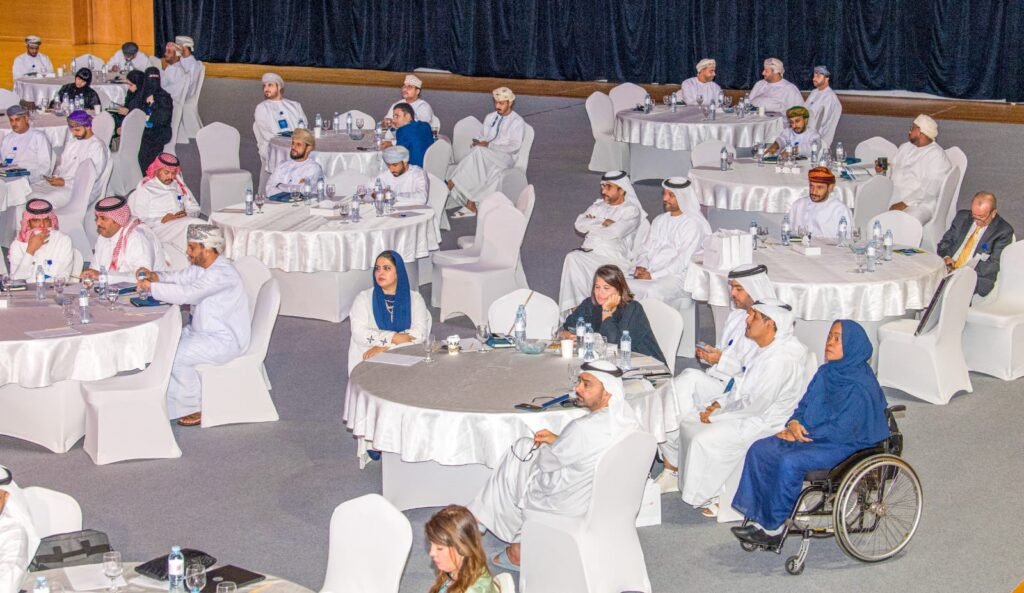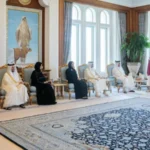Salalah, Oman, 27 July 2024 (NHRC)
The Regional Forum on Monitoring the Implementation of National Visions on the Human Rights concluded in Salalah, Sultanate of Oman with a number of recommendations.
Over 170 participants attended the meeting including the representatives of more than 50 institutions and organizations like United Nations, international and regional organizations, stakeholders, national human rights institutions, government agencies, and civil society organizations.
Recommendations suggested on concluding include enhancing cooperation between national human rights institutions; exchanging experiences in the field of planning and monitoring the implementation of national visions, in cooperation with the United Nations and other international organizations; expanding the scope of consultations to include civil society organizations and institutions, especially the most vulnerable groups, and involving them in all stages of planning and implementation related to national visions.
The forum also recommended the need to enhance and unify efforts in the field of capacity building and collecting and analyzing data related to human rights and sustainable development to ensure the effectiveness of monitoring and evaluation of the process of implementing national strategies related to human rights in cooperation with relevant parties.
Mrs. Maryam bint Abdullah Al Attiyah, Chairperson, National Human Rights Committee of Qatar in her address on the occasion, said that 'Our participation in the third edition of the regional forum reflects the distinguished cooperation with the Omani Human Rights Committee, nationally, regionally and internationally, and the rest of the partners in the field of protecting and promoting human rights.
She stressed the importance of reviewing the role of national human rights institutions in planning and following up on the implementation of national visions in the areas of human rights, especially since many countries have drafted national human rights plans and national visions for development.
She said that these plans are not only to fulfill international obligations, as is the case in the recommendations of the Vienna Declaration and Programme of Action 1993, or in response to the 2030 Sustainable Development Plan, but also to devise consistent and integrated responses to national and global human rights challenges and concerns, as well as to devise free, innovative, effective and sustainable solutions that everyone contributes to without exception, including the most marginalized, vulnerable and affected groups, so that we can all, as stakeholders, follow up on the progress made, and enable rights holders to demand their rights and duty holders to fulfill their obligations.
Al-Attiyah said that over the past three decades, a global trend has grown regarding human rights-based planning; in addition to a large number of sectoral plans concerned with specific rights such as work or health.
She added that anyone looking at the recommendations of the Universal Periodic Review or the recommendations of international and regional human rights bodies will hardly find a document without a recommendation related to human rights-based planning at its overall or partial levels, especially in national visions for development; pointing out that the world has moved beyond the traditional concept of development based on charity and purely economic dimensions to the rights-based concept that views development as an expansion of human choices, freedom and rights and liberation from the scourges of ignorance, disease and poverty.
The Regional Forum of National Human Rights Institutions on its second day discussed a number of topics, including: human rights in Oman Vision 2040, sustainable development goals in national visions, ensuring transparency and follow-up when implementing national visions, as well as indicators for monitoring and following up on progress made in the field of human rights when implementing national visions.

